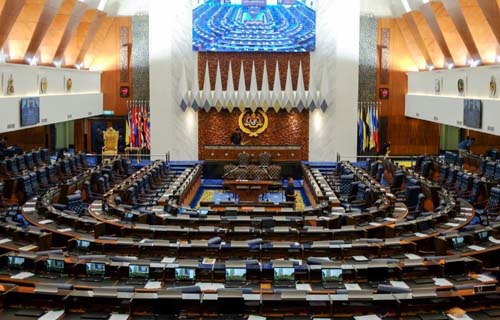Dogged culture fears

For as long as I can remember, I have disliked dogs. It must have been triggered by some childhood incident, because I feared and loathed them as a kid, and until today I am unimpressed by their gormless panting, incessant tail-wagging and unabashed displays of emotion. There is nothing satisfying about a dog excitedly jumping towards (and trying to lick) every new human it meets; in contrast, a cat choosing to amble across the room to greet you with a headbutt – that ultimate sign of feline affection – is a pure triumph.
Of course, such prejudice based on biological factors is not in keeping with the times and I try to appreciate that every individual creature is different. However much I try though, in my books, the best dogs are those which behave like cats.
It is somewhat ironic then, that according to the Chinese zodiac, I was born in the year of the dog. On the plus side this is supposed to endow me with the traits of honesty and loyalty; unfortunately stubbornness and being over-emotional are also on the list. As a student of astronomy (not astrology) I find it improbable that the position of celestial objects lightyears – or perhaps thousands of parsecs – away from us, and each other, determines the characteristics that we develop. However, there is a popular theory that one “grows” into one’s zodiac signs (whether Chinese or Western) as a result of being repeatedly told “this is what you should be”.
Whatever the case may be, there are huge numbers of people for whom these zodiac signs – and the wider traditions surrounding them – are of immense importance. Even for the greatest skeptics, embracing these customs provides a sense of cultural identity upon which individuals and families form relationships. This is true not just within, but across communities: wishing someone for a festival that you don’t yourself celebrate is a mark of respect and the basis of further interaction and exchange, whether it is a business relationship or a friendship.
Anyone who has spent time in Malaysia’s mixed urban centres will know that the religious and cultural festivals of all its inhabitants are celebrated with visual and auditory splendour. When it comes to Chinese New Year, this normally involves massive displays of the animal whose zodiac sign it is. This time, however, observers have commented on an apparent lack of dogs. Where last year there were roosters, it is alleged now that there are only lanterns and ang pows in malls, shopfronts and restaurants (though I haven’t been to enough malls in recent days to fully verify this).
But it is the supposed reason behind this lack of canine celebration that has caused controversy: that businesses are self-censoring themselves in the knowledge that most Muslims are averse to dogs (although in Islamic tradition there have been many different approaches between mazhabs or schools of thought, and even muftis of the Malay states have had a diversity of opinions over the decades).
However, as the Conference of Rulers met last week, the Director-General of the Malaysian Islamic Development Department (JAKIM) issued a statement stating that even though animal symbols are used during Chinese New Year, the concept of co-existence dictates that all parties need to respect this practice and maintain harmony between all races, in line with the concept of wasatiyyah or moderation. Although this statement was met with some skepticism online (as an attempt to appear moderate ahead of the upcoming general election) the literal content is nonetheless clear.
Despite this, though, there is a concern that some Malaysians are becoming scared to celebrate their own festivals in public spaces because of the fear of offending others. But we live in an age where every action or inaction is sure to offend someone, and it seems some businesses are being criticised by culturally Chinese customers for failing to properly celebrate the year of the dog. Apparently some business owners then face a choice as to which party to offend, and to calculate the potential damage caused by such offence.
Whether these fears are grounded in concrete precedents is a key consideration; but if this trend continues then Malaysia as a nation will continue inexorably on a path towards greater division and extremism in the long run. For those who will “not want to be offended” will demand greater and greater constraints on the activities of others; and others will want such constraints reciprocated; and eventually such constraints will cross from the public into the private domain.
So, this cat lover says, honestly and loyally to the spirit of our Rukun Negara: welcome to the year of the dog!
First published in Conservatively Speaking Freely, theborneopost.com and themalaymailonline.com, 16 February 2018.
YAM Tunku Zain Al-‘Abidin ibni Tuanku Muhriz is the Founding President of the Institute for Democracy and Economic Affairs and a Trustee Jeffrey Cheah Foundation.


